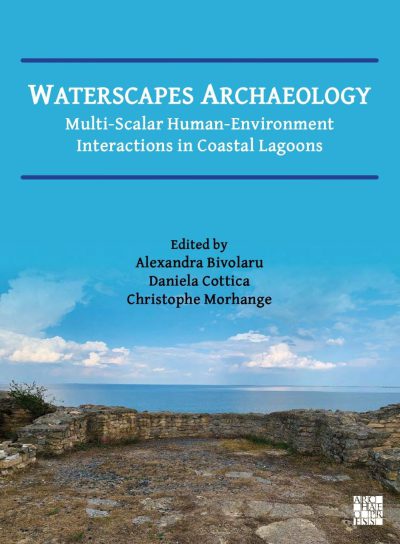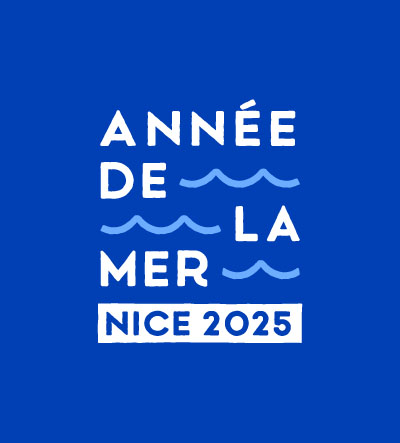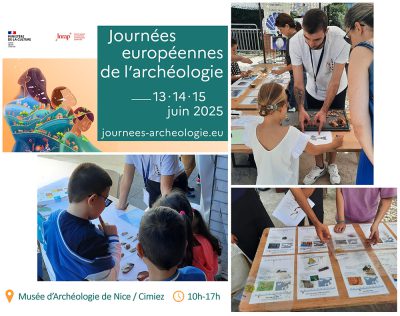Source : https://doi.org/10.1371/journal.pone.0298895
What impact did the Roman Climate Optimum (RCO) and the Late Antique Little Ice Age (LALIA) have on the rise and fall of the Roman Empire? Our article presents an agent-based modelling (ABM) approach developed to evaluate the impact of climate change on the profitability of vineyards, olive groves, and grain farms in Southern Gaul, which were the main source of wealth in the roman period. This ABM simulates an agroecosystem model which processes potential agricultural yield values from paleoclimatic data. The model calculates the revenues made by agricultural exploitations from the sale of crops whose annual volumes vary according to climate and market prices. The potential profits made by the different agricultural exploitations are calculated by deducting from the income the operating and transportation costs. We conclude that the warm and wet climate of the Roman period may have had an extremely beneficial effect on the profitability of wine and olive farms between the 2nd century BCE and the 3rd century CE, but a more modest effect on grain production. Subsequently, there is a significant decrease in the potential profitability of farms during the Late Antique Little Ice Age (4th-7th century CE). Comparing the results of our model with archaeological data enables us to discuss the impact of these climatic fluctuations on the agricultural and economic growth, and then their subsequent recession in Southern Gaul from the beginning to the end of antiquity.




